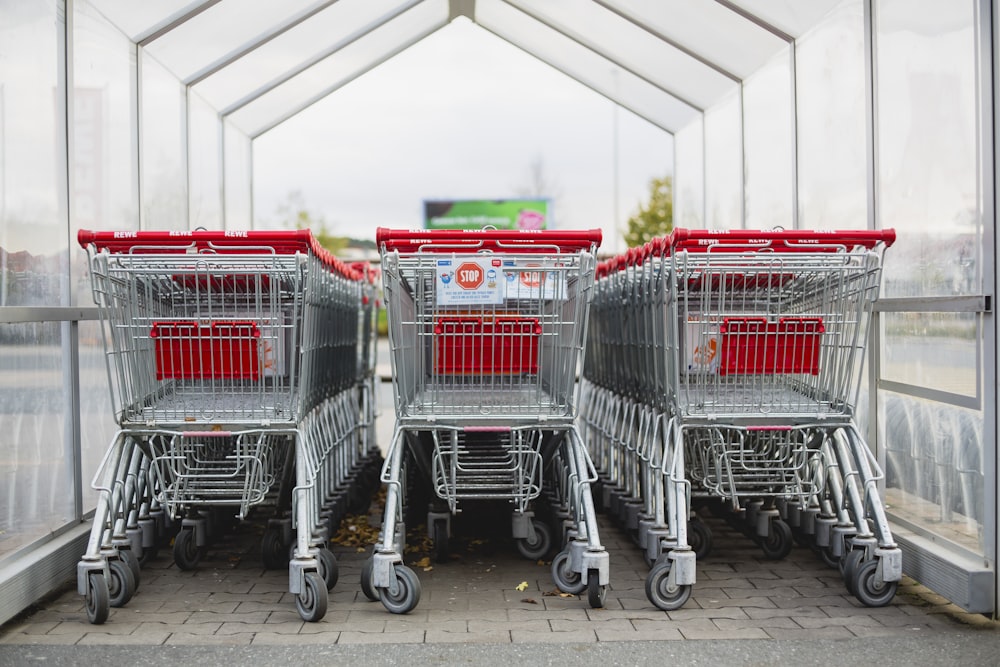What with retail in Germany?

Sort of satisfied, fear of discount battles, hope for the opening of all stores–this is how the mood in the fashion industry can be described after the first week with the partial opening of the stores in Germany. Almost two-thirds of the fashion retailers were satisfied with the restart.
This is one of the results of an online survey carried out by our sister publication TextilWirtschaft among more than 200 managers in the retailing sector this Monday. The result is somewhat put into perspective, as most of them had not set the bar very high for this first week of partial opening. Only 30% said they expected more from this new opening week.
At just under half, sales were significantly lower than in a "normal" April week. The situation was similar in terms of frequency. The picture in terms of customers' buying behavior is completely mixed. Every second retailer said that his customers were more reserved than usual.
However, this was not reflected in the level of the sales receipts. When asked about this, half of the retailers stated a higher conversion rate. Every third retailer recorded higher receipts. "The frequency was lower, but virtually every customer had the intention to buy. The price was not important at all," said one trader. The women were clearly in a stronger shopping mood; the retailers with womenswear ranges were consistently more satisfied with sales than their colleagues with menswear shops.
Comments
Post a Comment